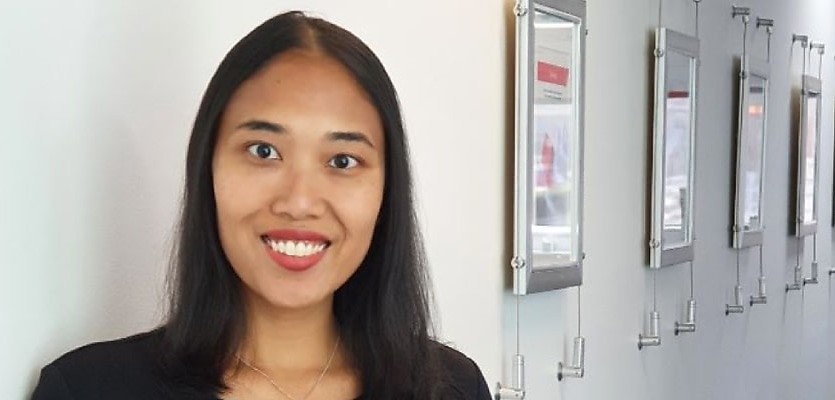A network that has been assessing affordability around Australia’s capital suburbs for more than 10 years has gradually shifted its perspective on what it means to be “affordable”.
PRD’s quarterly market report examines the delicate balance between affordability and liveability in Australia’s property market.
On a recent episode of Secrets of the Top 100 Agents, host Juliet Helmke spoke with Dr Diaswati Mardiasmo, chief economist at PRD, and the author of these reports, about what it means to be “affordable”.
Clarifying how affordability and liveability are measured within the report, Mardiasmo stressed that affordability isn’t synonymous with the cheapest suburbs.
“Affordability means suburbs with a median house or unit price lower than the relevant capital city,” Mardiasmo explained.
She added that affordability must also align with investment potential, including competitive rental yields and low vacancy rates.
Mardiasmo defined liveability as access to basic amenities such as living within 5 kilometres of a school and having access to medical facilities, shopping, green space, and public transport.
In addition, she noted that the network does not include a suburb on its list unless it also has a pipeline of development. If there are no new homes slated to be built in the future, the suburb doesn’t make the cut.
Over its 10 years of conducting this research, Mardiasmo noted that PRD has continually adapted its methodology to reflect changing economic conditions and consumer feedback. For the latest edition, PRD particularly stressed residential development plans for 2024 and 2025 in its analysis, given the supply challenges across the country.
The economist highlighted that PRD receives a lot of frustrated feedback directed towards the lack of new housing in certain suburbs.
“We ensured our chosen suburbs feature planned residential developments, including units, townhouses, or standalone dwellings,” Mardiasmo said.
The report highlighted significant shifts in affordable housing across Sydney, Melbourne, Brisbane and Hobart.
The findings stated that in Brisbane only 29.7 per cent of suburbs have a median house price below the metro average of $1 million, compared to 50 per cent pre-COVID-19. In Melbourne affordability has improved, with 34 per cent of suburbs below the $1.1 million mark, overtaking Brisbane for the first time. The report also revealed that while Sydney’s affordability is still challenging, it has increased with 12.1 per cent of suburbs below $1.5 million, up from 7–8 per cent pre-COVID.
For those struggling to enter the housing market, Mardiasmo shared that units remain a more accessible option, even as prices have risen in the apartment market.
The data showed that in Sydney there are 12.1 per cent of affordable houses compared to 41.4 per cent of affordable units. In Brisbane, there are 29.7 per cent of affordable houses versus 60.3 per cent of affordable units. So, there’s a better chance with units.
“Units today aren’t like they were five or 10 years ago,” Mardiasmo noted. “They often include amenities like rooftop pools and gyms, making them appealing to families and professionals. Many are choosing two- or three-bedroom apartments over suburban houses due to travel time and maintenance costs.”
Among the top picks of both units and houses, the guide stated that Granville and Merrylands in Sydney, Broadmeadows in Melbourne, and Glenorchy in Hobart are the best suburbs for those seeking affordability and liveability in the months ahead.
Mardiasmo noted that of all the cities, Brisbane is the most difficult market in which to determine affordable suburbs.
“Choosing an affordable and liveable suburb in Brisbane was the hardest, due to property price growth in most of Brisbane’s suburbs and a low level of new residential stock planned,” she said.
Weighing in on the intentions of investors, Mardiasmo emphasised the importance of selecting suburbs that balance affordability and liveability. She pointed out key indicators such as rental yields and vacancy rates, which signal strong returns and reduced risks.
“Affordability isn’t just about the cheapest suburbs; it’s about suburbs more affordable than the median capital city price, good for investment and suitable for first home buyers or owner-occupiers,” the economist noted.









You are not authorised to post comments.
Comments will undergo moderation before they get published.